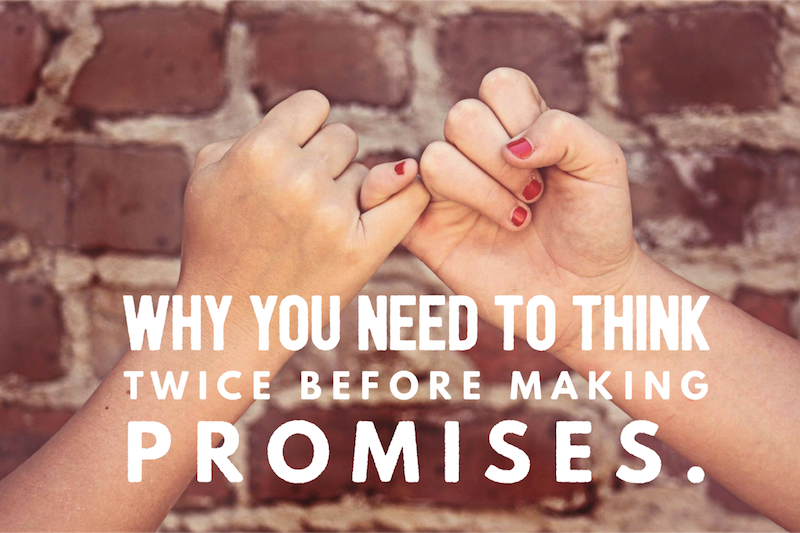The other day I was at the final game of the Canadian Women’s Hockey League playoff season, known as the Clarkson Cup.
It was kind of a big deal. The Premier of Ontario was there as was the Mayor of the city, and TSN was there to put the game on TV.
The stands were packed full of grown-up supporters like myself as well as hundreds of little girl hockey players (like my daughter) and other young women who have a passion for the sport and were there to support their heroes.
It was a great game filled with athleticism and fantastic end-to-end action, but there is one thing about that day that will stay with me for years. And it happened even before the puck dropped.
There was a young girl (sorry, I didn’t get her name) who came out on the carpeted ice to sing the Canadian National Anthem. She was maybe 10 or 12. How brave, I thought.
As the crowd hushed and the first nervous notes came out of her, it was obvious that the largeness of the moment was on her mind.
I’m pretty sure you don’t get picked to sing the national anthem if you can’t sing. And sing well. But that day, in that moment, she was having trouble staying on key.
Sympathy for her rose up in my chest. How was she going to get through this?
Then it happened. The crowd just started to sing along.
And not the pseudo-singing you hear at church or in a school gym full of parents. It was full on. Jumping in by the third line, the crowd supported her with a cushion of in-tune notes.
A smile crossed her face as her confidence grew with each word. It was one of the most wonderful moments I have ever seen take place in a large crowd.
That’s the power of support and it made me think: What if support existed in more places, particularly at work?












